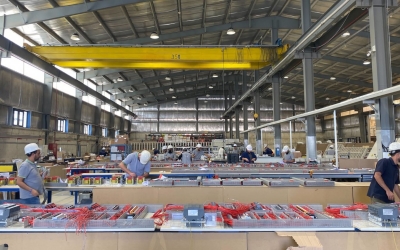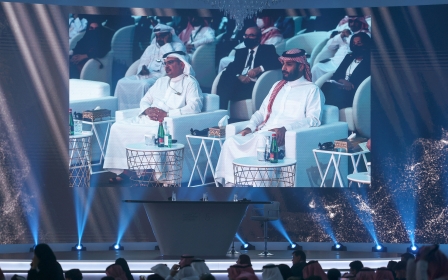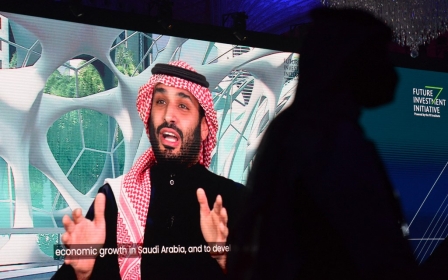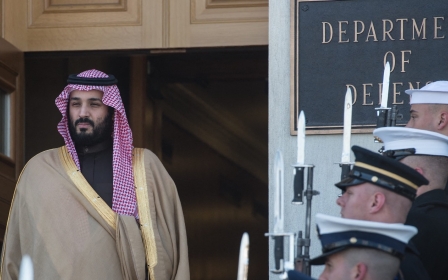Apple establishes regional hub in Saudi Arabia
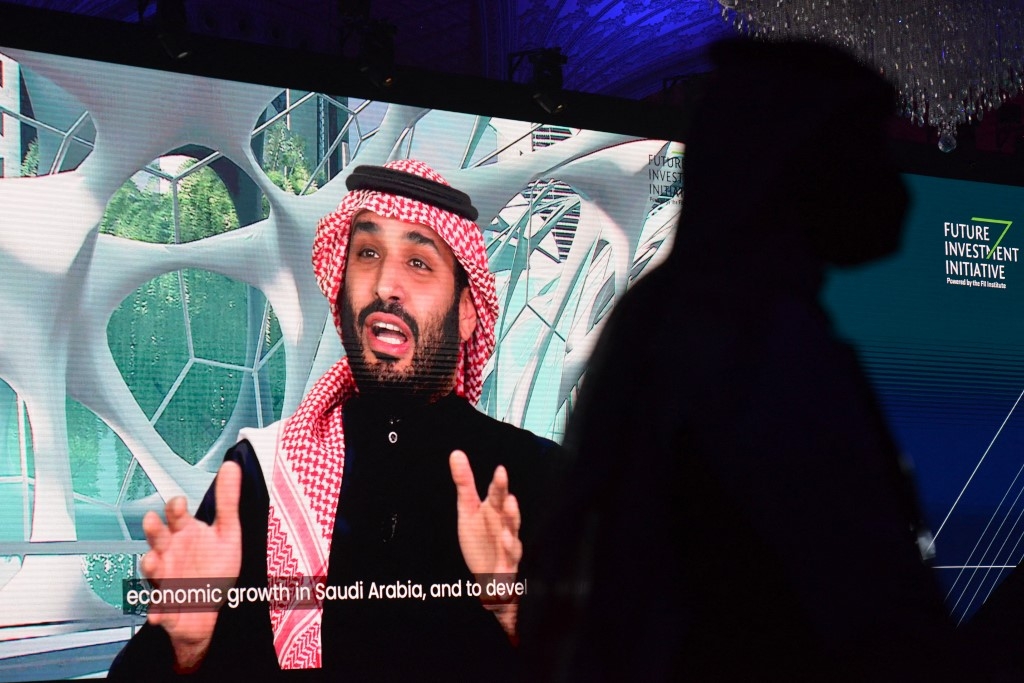
Apple has agreed to set up its Middle East distribution hub in Saudi Arabia, in a coup for the kingdom as it rolls out its first special logistics zone in an effort to diversify its economy away from petrodollars.
The US iPhone maker will base itself in Saudi Arabia’s new 3 million square metre economic zone, near Riyadh’s airport, according to Transport and Logistics Minister Saleh al-Jasser.
The zone will offer exemptions from certain taxes and labour regulations. Similar tax-free economic zones, such as Dubai’s Jebel Ali business hub, have been used by Gulf states to attract foreign investment and manufacturing.
Saudi Arabia’s new zone is likely to accelerate the competition playing out with its smaller neighbors in a race to attract investment. It also comes as smaller countries like Jordan and Egypt have been promoting themselves as manufacturing alternatives.
Saudi Arabia has already said that companies doing business in the kingdom should establish their regional headquarters in the country by 2024, or risk losing out on contracts. The UAE has long been a hub for multinationals looking to do business in the Gulf, avoiding Saudi Arabia’s conservative social codes.
Saudi Arabia’s Crown Prince Mohammad Bin Salman has rolled out a series of social reforms to make the country more attractive to foreigners and multinationals. Alcohol, which is banned in the kingdom, is expected to be allowed at Red Sea resorts as part of the wider Neom mega-project. The reforms have coincided with a severe crackdown on dissent.
In addition to serving as a distribution centre, Apple may conduct assembly line and repair work along with light manufacturing at the site, Jasser said.
Asharq TV quoted the minister as saying that the logistics zone will offer tax advantages that include exemption from corporate tax to “zero tax” for a period of 50 years, exemption from VAT, and deferment of customs duties.
The kingdom hopes to increase the cargo of airfreight passing through the country from 0.5 million tons today to 4.5 million tons by 2030.
“We are already engaged with 20 other multinationals, some of which we’re at a very advanced stage of negotiations,” Jasser said in an interview.
Saudi Arabia’s economy has been buoyed by high oil prices and is forecast to grow by 9.9 percent this year, the highest rate among G-20 economies, according to the World Bank.
Apple’s move to Saudi Arabia underscores how the kingdom’s economic heft is overshadowing tensions stemming from geopolitical and human rights issues. Saudi Arabia has reemerged from its pariah status after the killing of Middle East Eye and Washington Post columnist Jamal Khashoggi.
Meanwhile, western executives rubbed shoulders with Saudi royals and officials at the kingdom’s economic conference dubbed Davos in the Desert, brushing off the Biden administration's criticism of Riyadh for its support of the Opec+ oil cut.
This article is available in French on Middle East Eye French edition.
Middle East Eye propose une couverture et une analyse indépendantes et incomparables du Moyen-Orient, de l’Afrique du Nord et d’autres régions du monde. Pour en savoir plus sur la reprise de ce contenu et les frais qui s’appliquent, veuillez remplir ce formulaire [en anglais]. Pour en savoir plus sur MEE, cliquez ici [en anglais].


